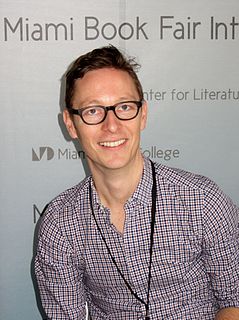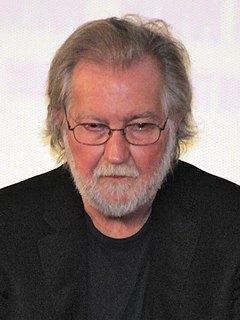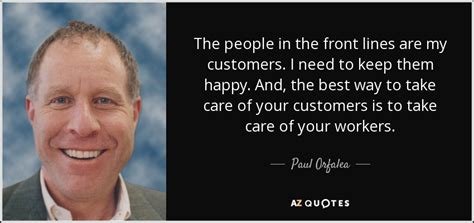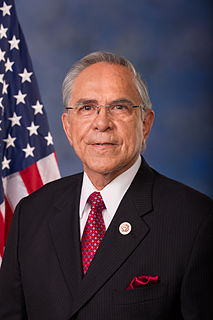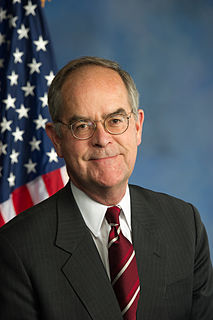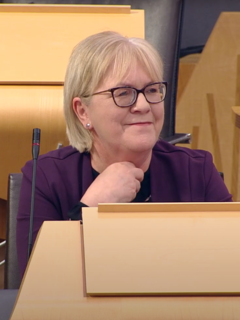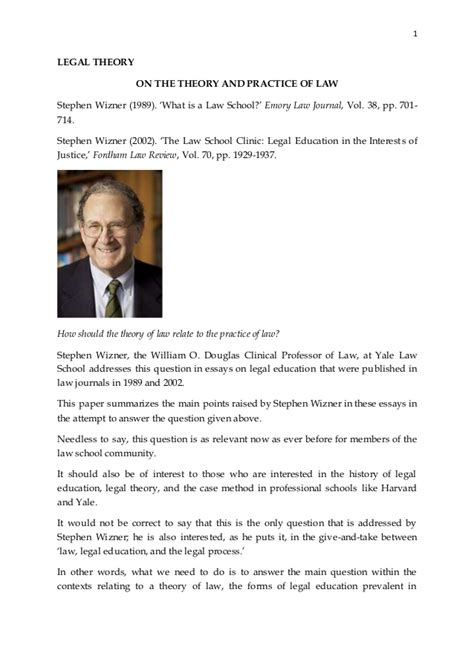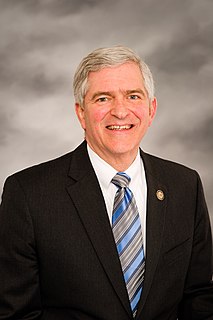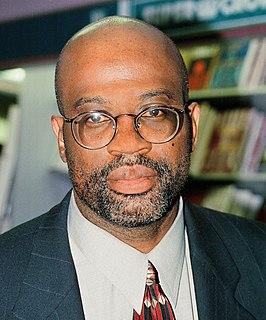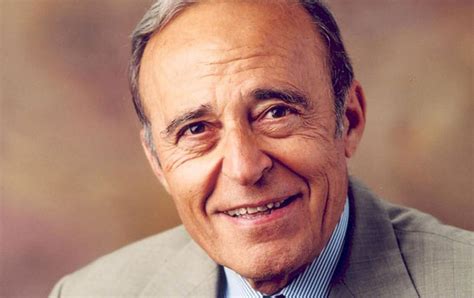Top 1200 Law Students Quotes & Sayings
Explore popular Law Students quotes.
Last updated on November 23, 2024.
There was once a professor of law who said to his students. When you are fighting a case, if you have facts on your side hammer them into the jury, and if you have the law on your side hammer it into the judge. But if you have neither the facts nor the law, asked one of his listeners? Then hammer the hell into the table, answered the professor.
Communism wasn't a word that I thought of when I went to Cuba. The original Fidelistas were not Communists. They were graduate students at the university and law students. After the Fidelistas took over, they went to Washington and tried to get support from the U.S. government, which turned them down. They were in a desperate political and economic situation, so they took the offer from the Soviet Union. Communism was a matter of necessity.
When I was teaching at an institution that bent over backward for foreign students, I was asked in class one day: "What is your policy toward foreign students?" My reply was: "To me, all students are the same. I treat them all the same and hold them all to the same standards." The next semester there was an organized boycott of my classes by foreign students. When people get used to preferential treatment, equal treatment seems like discrimination.
When I used to teach civil procedure as a law professor, I would begin the year by telling my students that 'civil procedure is the etiquette of ritualized battle.' The phrase, which did not originate with me, captured the point that peaceful, developed societies resolve disputes by law rather than by force.
Cleverly assorted scraps of spurious science are inculcated upon the children to prove necessity of law; obedience to the law is made a religion; moral goodness and the law of the masters are fused into one and the same divinity. The historical hero of the schoolroom is the man who obeys the law, and defends it against rebels.
Public education for some time has been heavily focused on what curricula we believe will be helpful to students. Life-Enriching Education is based on the premise that the relationship between teachers and students, the relationships of students with one another, and the relationships of students to what they are learning are equally important in preparing students for the future.
What is wrong with encouraging students to put "how well they're doing" ahead of "what they're doing." An impressive and growing body of research suggests that this emphasis (1) undermines students' interest in learning, (2) makes failure seem overwhelming, (3) leads students to avoid challenging themselves, (4) reduces the quality of learning, and (5) invites students to think about how smart they are instead of how hard they tried.
When I used to teach civil procedure as a law professor, I would begin the year by telling my students that “civil procedure is the etiquette of ritualized battle.” The phrase, which did not originate with me, captured the point that peaceful, developed societies resolve disputes by law rather than by force.
I often notice how students can gain the capacity to use certain critical methodologies through engaging with very different texts - how a graphic novel about gentrification and an anthology about Hurricane Katrina and a journalistic account of war profiteering might all lead to very similar classroom conversations and critical engagement. I'm particularly interested in this when teaching law students who often resist reading interdisciplinary materials or materials they interpret as too theoretical.
All students, members of the faculty, and public officials in both Mississippi and the Nation will be able, it is hoped, to return to their normal activities with full confidence in the integrity of American law. This is as it should be, for our Nation is founded on the principle that observance of the law is the eternal safeguard of liberty and defiance of the law is the surest road to tyranny.
Educating Lawyers succeeds admirably in describing the educational programs at virtually every American law school. The call for the integration of the three apprenticeships seems to me exactly what is needed to make legal education more professional, to prepare law students better for the practice of law, and to address societal expectations of lawyers.
Unlike many graduate fellowships, the Rhodes seeks leaders who will 'fight the world's fight.' They must be more than mere bookworms. We are looking for students who wonder, students who are reading widely, students of passion who are driven to make a difference in the lives of those around them and in the broader world.
The law is equal before all of us; but we are not all equal before the law. Virtually there is one law for the rich and another for the poor, one law for the cunning and another for the simple, one law for the forceful and another for the feeble, one law for the ignorant and another for the learned, one law for the brave and another for the timid, and within family limits one law for the parent and no law at all for the child.
The Gospel is temporary, but the law is eternal and is restored precisely through the Gospel. Freedom from the law consists, then, not in the fact that the Christian has nothing more to do with the law, but lies in the fact that the law demands nothing more from the Christian as a condition of salvation. The law can no longer judge and condemn him. Instead he delights in the law of God according to the inner man and yearns for it day and night.
I have find that today's students are often more tolerant of human variance than students in earlier generations might have been. On the other hand, some of our students need much more interaction with a wide variety of peers so they level of understanding deepens and so they are prepared to live in a world that is only going to get smaller.
Elementary and high school students will still be tested under the new law. There just won't be so much riding on the scores. Also the arts didn't disappear under the old law, No Child Left Behind. But, Christopher Woodside of the National Association for Music Education says with so much time spent testing math and reading, the arts suffered.



